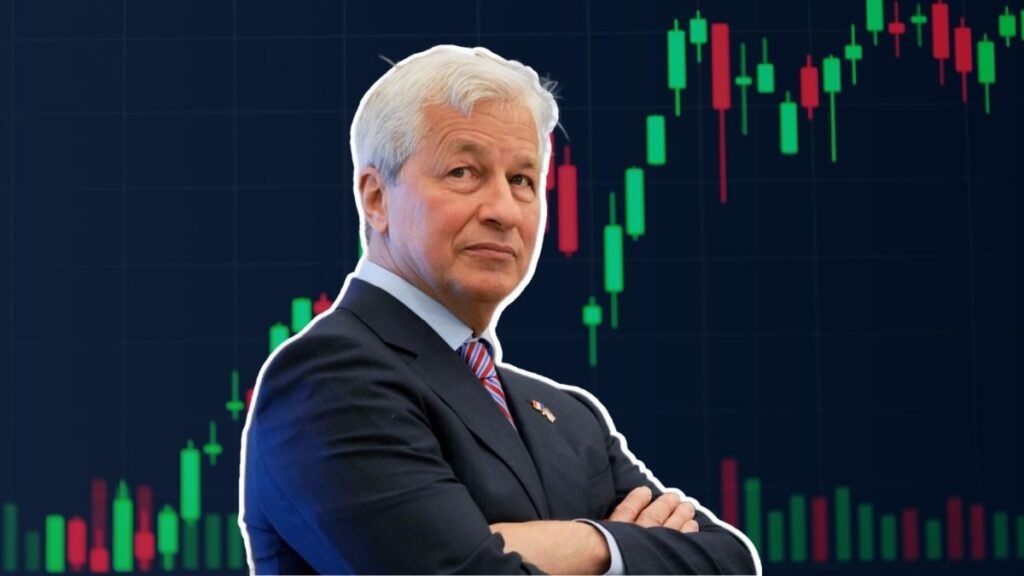In a new shareholder letter on Monday, JPMorgan’s Jamie Dimon expressed concerns about several risks to the strong US economy and the possibility of sticky inflation. He mentioned potential factors like substantial government spending, the Federal Reserve’s efforts to reduce its balance sheet, and ongoing conflicts in the Middle East and Ukraine.
Jamie Dimon also highlighted the potential impact on essential commodities markets, migration, and geopolitical relationships.
He said that these significant and somewhat unprecedented forces make him cautious. He added that the bank is ready for interest rates to vary from 2% to 8% or even more.
JPMorgan’s Jamie Dimon on Inflation
JP Morgan’s Jamie Dimon covered a wide range of topics in his 61-page letter, discussing banking, AI, global economic risks, geopolitical issues, management insights, and suggestions to improve the nation.
While he did not mention his departure timeline, he said in a separate filing on Monday that one of the board’s key focuses is making sure a smooth CEO transition is taking place in the medium term.
In his letter on Monday, he expressed his concerns about how banks are being regulated in the US and noted that the connections between banks and US regulatory agencies have decreased and become less productive since the enactment of the Dodd-Frank legislation after the 2008 financial crisis.
Sticky Inflation Possibility
Jamie Dimon on inflation also talked about the possibility of sticky inflation and high rates in the US economy. He talked about sticky inflation and worried about significant government spending and the Federal Reserve reducing its balance sheet.
In his letter on Monday, JP Morgan’s Jamie Dimon discussed the recent conflict between banks and Washington and said that the proposal hurts market activities, harms Americans, and shifts business to less regulated markets.
Jamie Dimon on inflation talks about sticky inflation and warns that despite consumer spending and investor optimism for a soft landing, the economy’s fuel from government spending and rising deficits is concerning. He added that today’s deficits are larger than ever, occurring during boom times rather than recessions, and supported by quantitative easing, a measure never seen before the financial crisis.
Regarding sticky inflation, Jamie Dimon mentions that markets are currently pricing in a 70% to 80% chance of a soft landing, with modest growth, falling inflation, and lower interest rates. However, he believes the actual odds are much lower.
Global issues add to the uncertainty. Wars in Ukraine and the Middle East could disrupt energy and food markets, migration patterns, and military and economic ties. This upheaval comes alongside an increase in public investment to drive a green transition, reshape supply chains and trade partnerships, and increase spending on healthcare.
Dimon believes that industrial policy is necessary but should be specific and focused. He suggests that the US must be firm with China while working together. This involves securing independence in key materials for national security, such as rare earth elements, semiconductors, and 5G infrastructure. According to Dimon, initiatives like the Inflation Reduction Act and the CHIPs Act are on the right track.
Read Also:
Best Credit Card Bonuses for New Cardholders in April 2024
Apple Credit Card Canada: All You Need to Know
US Homeowners Witness the Biggest Property Tax Rise in Five Years
